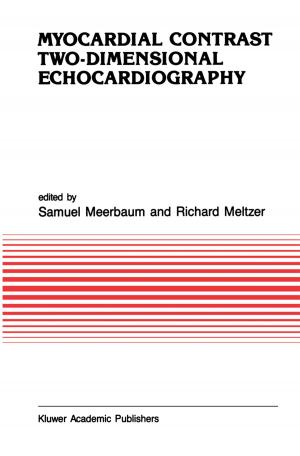Religion and Human Autonomy
Henry Duméry’s Philosophy of Christianity
Nonfiction, Religion & Spirituality| Author: | R.F. de Brabander | ISBN: | 9789401028301 |
| Publisher: | Springer Netherlands | Publication: | December 6, 2012 |
| Imprint: | Springer | Language: | English |
| Author: | R.F. de Brabander |
| ISBN: | 9789401028301 |
| Publisher: | Springer Netherlands |
| Publication: | December 6, 2012 |
| Imprint: | Springer |
| Language: | English |
For most of its career philosophy of religion has been a controversial dis cipline: it has usually ended up becoming a substitute for what it set out to explain. Born out of the religious scepticism of the late seventeenth century it remained for many years what it was to Hume and Lessing: an instrument for criticizing rather than for interpreting faith. Gradually the hostility subsided, but not the tendency to reduce. Nearly each one of the great names in this area represents a theory that goes "beyond" faith. Phenomenology changed that situation. Conceived for accurate under standing of acts and meanings rather than for the building of vast synthe ses, its method was more apt to yield understanding than criticism. Moreover, by distinguishing the ideal meanings from the psychic realities of the act, it chased its followers from the quagmire of psychic genesis, causal justification and rational "proof" of the religious object, and forced them to concentrate on the intentional terminus of the experience.
For most of its career philosophy of religion has been a controversial dis cipline: it has usually ended up becoming a substitute for what it set out to explain. Born out of the religious scepticism of the late seventeenth century it remained for many years what it was to Hume and Lessing: an instrument for criticizing rather than for interpreting faith. Gradually the hostility subsided, but not the tendency to reduce. Nearly each one of the great names in this area represents a theory that goes "beyond" faith. Phenomenology changed that situation. Conceived for accurate under standing of acts and meanings rather than for the building of vast synthe ses, its method was more apt to yield understanding than criticism. Moreover, by distinguishing the ideal meanings from the psychic realities of the act, it chased its followers from the quagmire of psychic genesis, causal justification and rational "proof" of the religious object, and forced them to concentrate on the intentional terminus of the experience.















